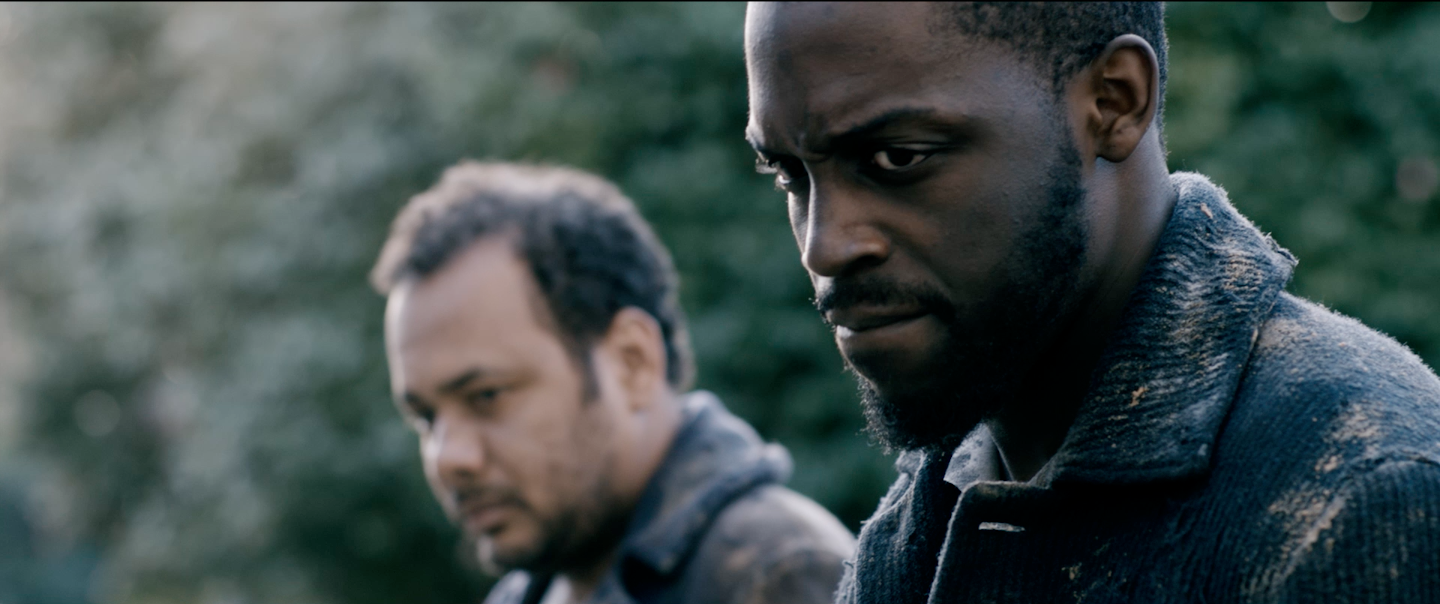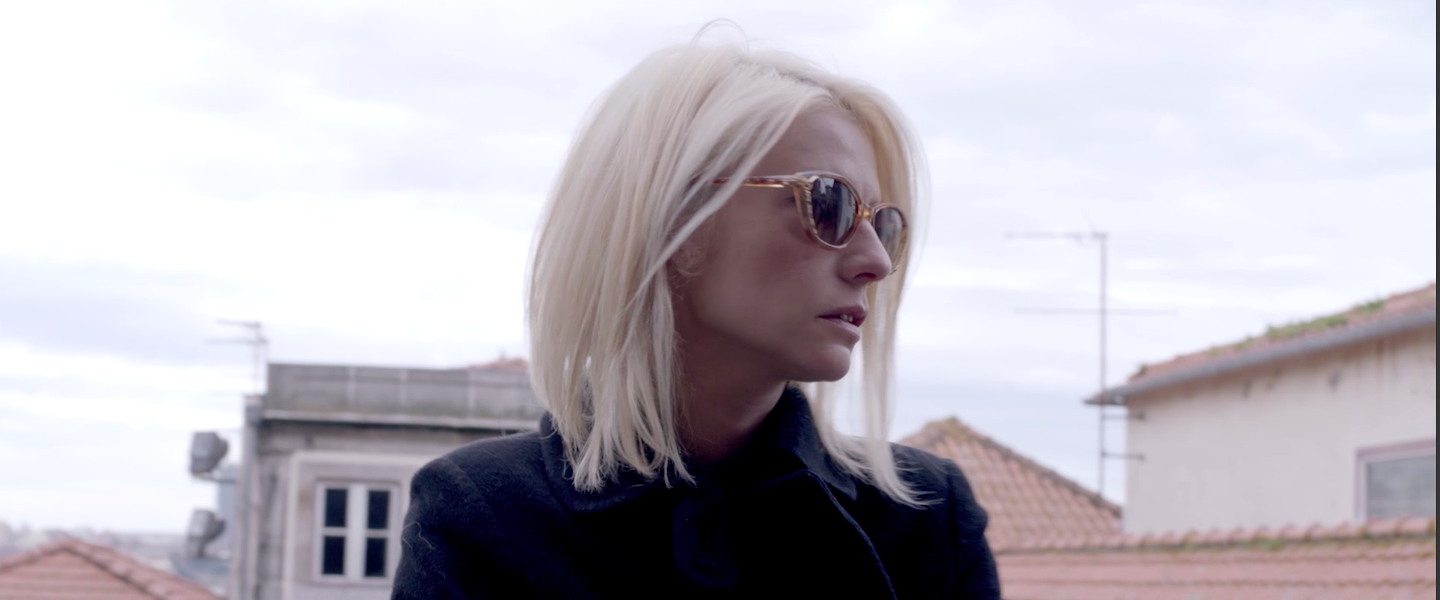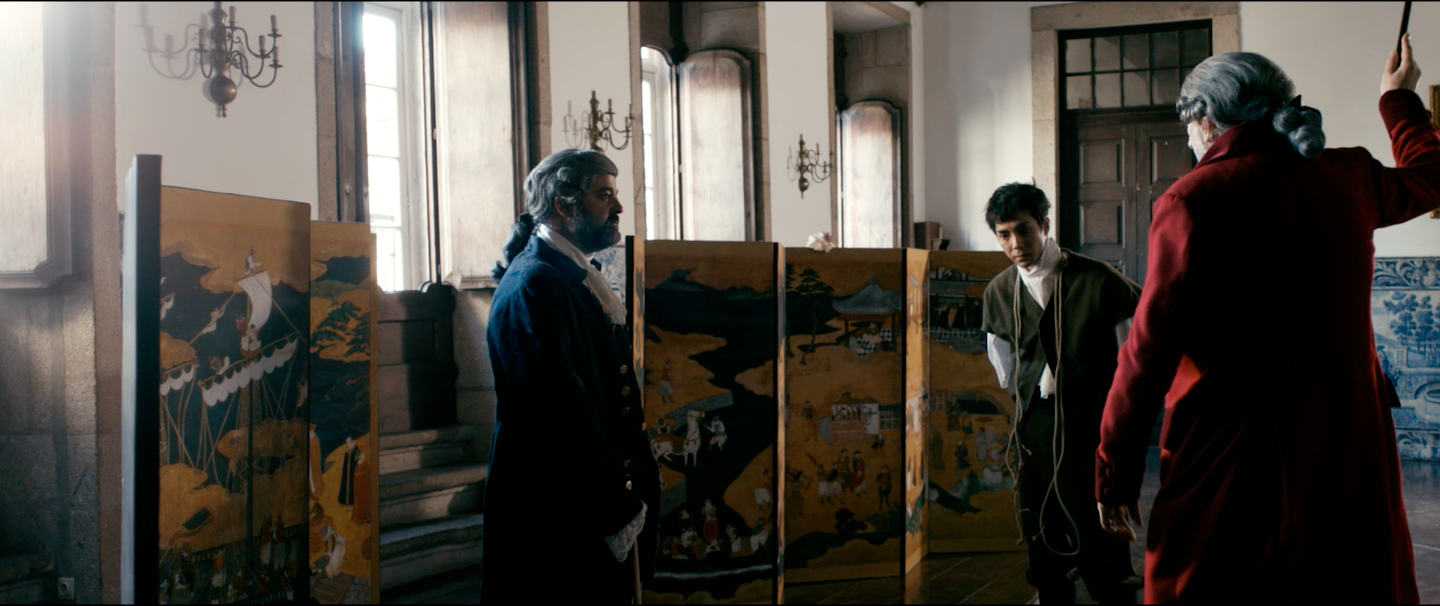(English at the bottom)
拙作「ポルトの恋人たち 時の記憶」 制作時に僕が書いたディレクターズ・ステートメントです。(舩橋淳)
———————————————-
Director’s Statement
この映画は、最初、二本の映画を一本として見る体験を作りたい、という私の願望から始まりました。全く異なる作品の中に、共通するテーマや演出、映像的な類似性を見出だす、映画独特の鑑賞体験が、常々おもしろいなぁと思っていたところに根ざしています。例えば、現代中国のインディペンデント映画を見ながら、急にロッセリーニを思い出してしまったり、小津安二郎とJ. フォード、J.ルノワールとE. ヤン,もしくはC.シャブロルと成瀬巳喜男の作品を見て、共通する感性を感じてしまったり。映画史を自由に横断して、デジャブ(既視感)を見出だしていると言えるでしょうか。
私は、このとても魅惑的なデジャブ(既視感)の運動を一本の映画で生み出すことは出来ないだろうか、と考えました。
「ポルトの恋人たち 時の記憶」は、二つの歴史的事件に基づいて描かれた寓話です。一つは、ヨーロッパ史上最大の自然災害であり、1755年にポルトガルの首都の1/3を奪ったリスボン大震災。もう一つは、日本人の記憶にまざまざと残っている、2011年の東日本大震災。ともにM9.0 の巨大災害は、その時代の人々が「当たり前としていた環境と思想」を、根底から覆しました。リスボン大震災では、哲学者ヴォルテールが神の不在を唱え、ヨーロッパの精神史に大きな衝撃を与えました。東日本大震災では、想定外という言葉が飛び交い、原発をはじめとする消費社会、強いては文明の発展そのものを問い直す声が上がりました。2つの異なる時代で「信じるべきものを失った」人々の話を作りたい、と考えました。そしてさらに、被災による影響は、直後より10年経ったころ、人々の心に深い傷として現れてくるのではないかと考え、後半の日本篇は2021年の近未来(東京オリンピックの直後!)と設定しました。
私が2つの異なる時代と国で見つめようとしたのは、<境界線>です。
そもそも境界線は、一貫して私の映画のテーマでした。『ビッグ・リバー』ではアメリカで、人種、宗教、国籍の違いで人々の間に距離ができた911以後の特殊な状況を描きました。根底にあったのは「人と人の差を明確にする<境界線>は、しょせん人間が生んだフィクション」という思いでした。
人間が勝手に作りだした境界線によって誰かが虐げられたり、殺されたりするのは、人間独自の業ではないかと思います。フィクション(虚構)によって互いに首を締め合う自縄自縛。そんな<境界線>などなければいいのに、といつも思っています。<境界線>は時代とともに変化します。前半、ポルトガル篇の18世紀では、貴族と使用人、奴隷たちの間には絶対的な“階級差”の<境界線>があります。一方、後半の日本篇では、“国籍”という<境界線>により虐げられる人々が登場します。いま国会でも大きな議論を呼んでいる、外国籍の移民が排除されてしまう社会です。
大災害で国が大きく傾いた暗い時代、人々は余裕を失い、自分を守るため弱者を攻撃するようになる。自分たちの仲間とそれ以外の人の間に<境界線>を引き、排除しようとする排外主義。「アメリカ・ファースト」を唱えるトランプ政権を筆頭として、世界中に蔓延しています。
不況が深まり、時代が暗くなればなるほど、排外主義が加速する。18世紀のような階級差はもはやないですが、今は移民問題やLGBTQへのヘイト発言など、人と人が<境界線>を引き合い、差別し合うという構造は変わりません。
二つの異なる時代と国を横断することで、変化してゆくものと変わらぬものがじんわりと見えてくる。そのとき、人間は果たして進歩しているのだろうか?と問いかけてほしいと思います。
舩橋淳
映画作家
My new film was born out of a pure desire to experiment. One finds commonalities in themes and visual methods among totally different movies, such as those of John Ford and Ozu, or Jean Renoir and Edward Yang, or Claude Chabrol and Mikio Naruse. Maybe you are watching modern Chinese indie cinema, and you suddenly remember a scene from Rossellini. Your thoughts transcend times and places as you find connections in themes or visuals, some gestures or mise-en-scene. This is what makes today’s world cinema experience special, I believe. I wanted to create this mind-movement within ONE film.
LOVERS ON BORDERS is a film of double revenge stories set against the backdrop of two historic catastrophes — the great earthquake in 18th-century Portugal and triple-disaster of earthquake, tsunami, and nuclear accident in 21st-century Japan — both initially caused by nature but yet greatly influential on the thinking of philosophers, artists, and common people in their respective times, leading to dark eras in which social gaps widened drastically. The rich becoming richer, poor becoming poorer, and marginalized more marginalized. In the first episode, the Portuguese aristocrat Gasper de Carvalho seeks revenge against Japanese descendants, long after his ancestor, a missionary, was burned to death in Japan. (It is the opposite side of Scorsese’s SILENCE.) Three centuries later in 2021 — ten years after Fukushima and a year after the Tokyo Olympics — Japan is deep in recession, and rural factories under nationalist pressure are laying off immigrant workers from Brazil, forcing even ethnically Japanese Brazilians to return to their country of birth.
Borders and boundaries appear in different ways. Class difference and hierarchy were strong in 18th Century, differences of nationality influential in 21st Century. And yet “borders” have always been inventions, or in a manner of speaking, fictional constructs created by humanity. In the worlds of animals and plants, borders/delineations of this kind do not exist. I wanted to depict the irony of loving relationships and friendships being frustrated these essentially fictional constructs. Though the lovers are torn apart, their fates nonetheless remain connected by a karmic cycle that defies the mundane worldly concerns of their times.
Now we have entered a new era of Trump’s “America-First” — kicking out immigrants and drawing stricter borders, not only isolating the US, but also enhancing the global trends of exceptionalism and nationalism. Further, the irresponsible actions of North Korea, Israel, and Japan (under Abe!) are pouring oil on the flames.
My film is intended to throws questions at these trends. Why do humans consider themselves “exceptional” and fear “outsiders”? Why does xenophobia drive nations to draw more borders and delineations? Through the two episodes of LOVERS ON BORDERS, one can perceive the echoes of time, contemplating what we usually ignore in our repetitive daily lives. Borders are constantly disappearing, materializing, and transforming with the times, but are human beings actually evolving?
Atsushi Funahashi




